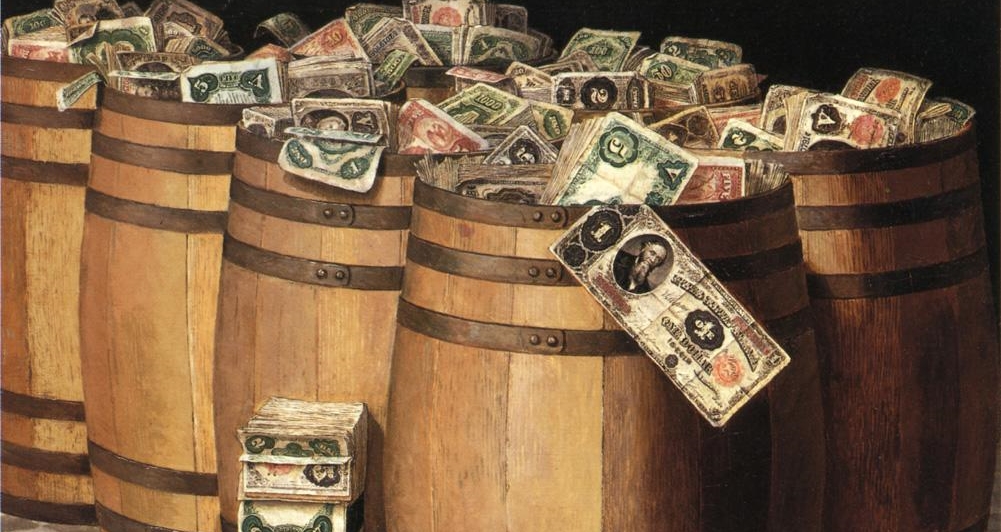The pros and cons of a cashless society bore heavily on my mind as I was waiting in a supermarket queue, observing the elderly lady in front of me, clumsily counting small coins to pay for her groceries. I could not help thinking how much quicker it would be if she just placed her bank card in the vicinity of the reader and the line could move on. But as I finally came up to the cashier, all my optimism evaporated. Due to a system error with the bank or the service provider, POS terminals at the shop were not working. Cash payments only.
Like many of my generation, I do not carry cash. There were no ATMs within 5 minutes. Plus, cash withdrawals often bring extra costs imposed by banks. Unmistakably, though, there are some upsides to cash payments. They are not vulnerable to the caprice of external forces such as banks, scant reception of POS terminals, blackouts, a number of system or equipment errors, and who knows what else.
The truth is we are not ready for a completely cashless society. In Hungary, for instance, cash payments are still popular, leading the populist government to side with a far-right party in showing interest in protecting cash payments by amending the constitution.
This is, however, not the right way forward. The benefits of cash over card payments are that the government has less control over your finances. There is no chance of data mining. But the popularity of Bitcoin and other alternative currencies shows this can be achieved digitally, too. The less a state centralises and interferes with payment options, the better. Trends show a shift towards more cashless solutions.
The state should not protect cash payments, nor should it force cashless solutions. It should allow the market in payment methods to develop organically. With better internet access and more people using banks and alternative options, a cashless society will become a reality. Until that happens, the infrastructure should progress so the disruptions I experienced in the shop do not interfere with payments.
There is also the question of how beggars would survive. In an ideal world, there would be no one forced either by circumstance or by criminals to ask you for change, but the reality is different. There is also the question of government oversight versus transparency. The more cashless a society is, the better it usually does on the corruption index. The more prevalent cash payments are, the more corruption is perceived.
Only if the state is not interfering with alternative payment options, such as cryptocurrencies, can cashless options truly take the place of physical money. The best option for policy makers is to leave payments alone, and let society weigh the pros and cons. If, on the other hand, the state interferes too much, people will have to pay the price. The question is: how?



